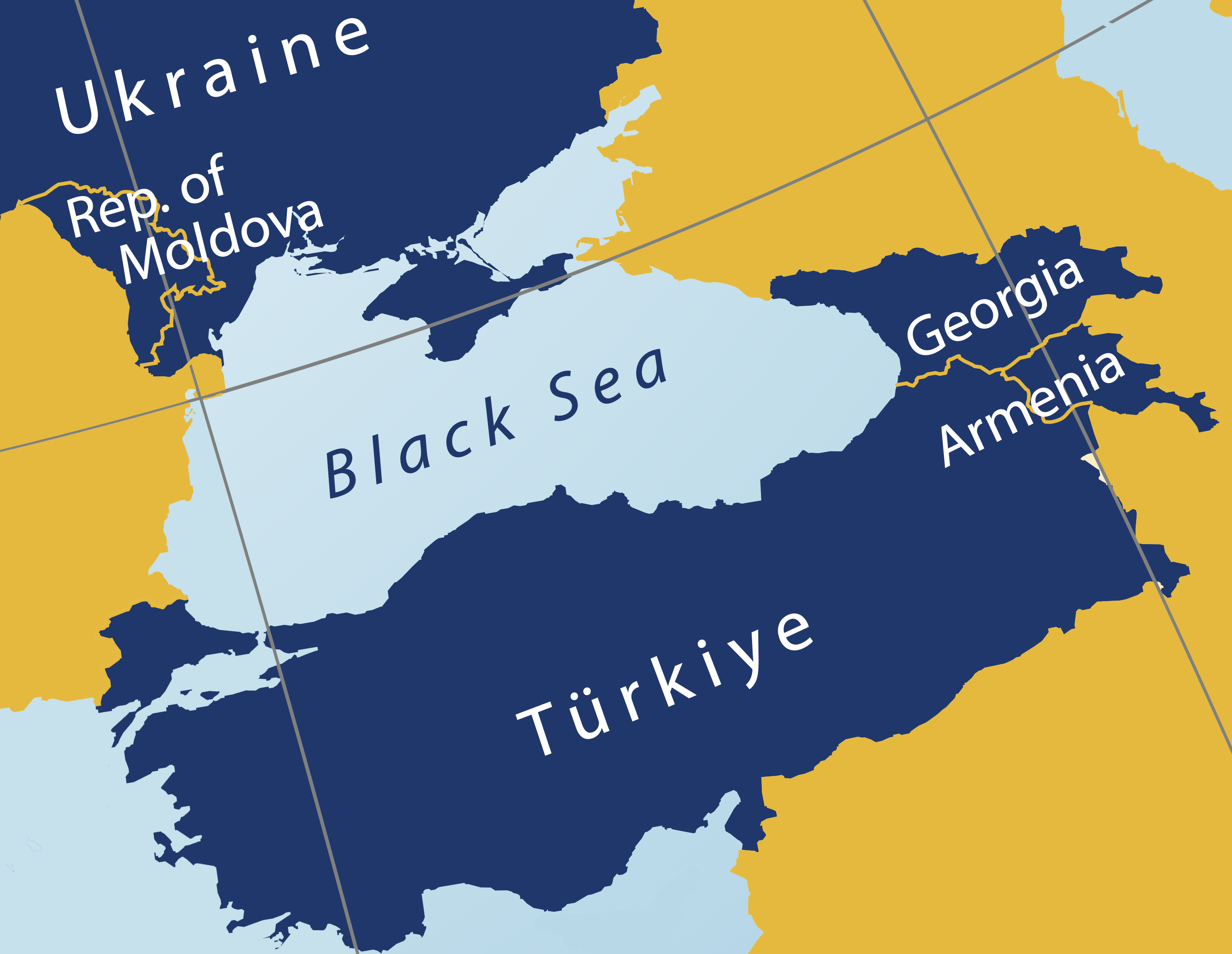Download "Media law and policy in selected Black Sea region countries" here
We're focusing on five Council of Europe member countries all located in the Black Sea region. These countries share criticism by international organisations regarding often similar shortcomings in the regulation of their audiovisual media. And although none of them is yet a member of the European Union, all of them aspire to join the organisation, and therefore have committed themselves to aligning their legislation with the European media standards. What consequences does this have for their audiovisual legislation, if any? Read our new report!
This new report - Media law and policy in in selected Black Sea region countries - is authored by Prof. Andrei Richter of Comenius University, Bratislava.
Chapter one opens with an overview of current audiovisual law in the five countries analysed in this new report: Armenia, Georgia, Moldova, Türkiye, and Ukraine. The snapshot comparisons in this chapter are based on the work of the OSCE's observations missions during elections carried out between 2020 and 2023. This first chapter also looks at the constitutions of each country and the guarantees they provide concerning freedom of expression and freedom of the media. The chapter concludes with an overview of the "audiovisual statutes" or main legal texts concerning the media industries in each of the five countries.
Chapter two provides a comparative review of the state of legal regulation of audiovisual media in the five countries. As part of the accession process to the EU, their authorities have committed to adopting legislation in the audiovisual field that is in line with the EU's media law. The author examines the role and legal basis for the national regulatory authority in each country. He then focuses on the public service media, its governance and degree of political independence. Crucial to the democratic process are the rules applicable to audiovisual media during election periods. This chapter therefore also analyses the rules in place in each country to guarantee impartiality and fairness in the media during elections. The chapter is rounded off by a useful overview of media ownership regulation and media law pertaining to disinformation.
Chapter three looks at how these five countries are rated by international organisations in terms of their respect of the fundamental right of freedom of expression which forms the bedrock of the European Union. The author relies on two instances: the World Press freedom Index by the Reporters without Borders, and evaluation by the EU itself in terms of accession requirements.
Chapter four rounds up the analysis of the audiovisual legal environment in the five countries highlighting their significant diversities and commonalities. With the exception of Ukraine, which is under martial law, it is highly polarised and subject to considerable political and business pressure.
A must-read new free report to understand how five Black Sea region countries are revising their media legislation to align with the European Union.
